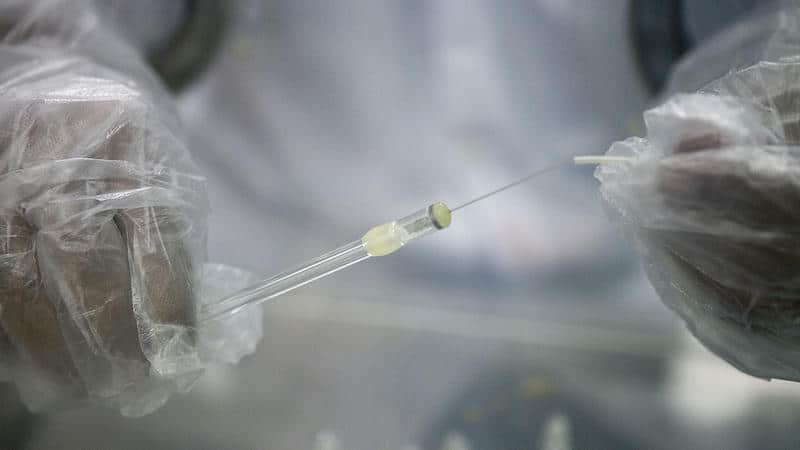
“Why should the burden be borne by the female only? There has to be an equal partnership.” This was the question posed by Sujoy Guha, 76, a biomedical engineer who invented the male contraceptive that could soon hit the international market.
The method, known as “reversible inhibition of sperm under guidance” (RISUG) depends on a polymer gel injected into tubes in the scrotum. The positively-charged gel acts as a buffer against sperm, which are naturally negative in charge. The gel renders the sperm infertile prior to release by damaging their heads and tails.
The contraceptive has the capacity to be 98% effective for more than 10 years and is reversed with a second shot that breaks down the gel. The procedure is simple and there are no major side effects. The gel has already been used to prevent pregnancies in the partners of 540 men in India.
This is the most promising male contraceptive to be created in almost a century. The problem is that pharmaceutical companies aren’t interested in signing on to distribute the shot. “In doing anything abroad, quite substantial money is required, and that can only come from the pharmaceutical industry,” Guha lamented.

“The fact that the big companies are run by white, middle-aged males who have the same feeling — that they would never do it — plays a major role,” said Herjan Coelingh Bennink, gynecology professor and former head of research for Organon International, “If those companies were run by women, it would be totally different.”
Since Big Pharma won’t touch it, Guha has licensed his technology to a non-profit, the Parsemus Foundation. According to Elaine Lissner, founder of Parsemus, they are currently developing their own version,“Vasalgel”. The company predicts Vasalgel will market for $10-20 per person in low and middle-income countries, while it cost as much as $400-600 in more prosperous markets. They are currently seeking donations to begin human trials in the United States.
The World Health Organization estimates 225 million women in developing countries are in need of contraception. Meanwhile, female contraceptive industry racks in around $10 billion annually worldwide and condoms generate $3.2 billion. Mass distribution of this male contraceptive gel could cut into the market and provide a relatively inexpensive, effective solution.
According to a report by the United Nations, men rarely take responsibility for pregnancy prevention. In 2015, 60% of women in spousal relationships reported using the contraceptive pill or another form of modern contraception. Only 8% relied on the male partner to use a condom.
This paradox of male aversion to taking responsibility for contraception is an unfortunate global reality. Likely most of the men we know would be extremely reluctant to receive a shot in their spermal tubes. However, women regularly use hormonal contraception that causes a multitude of side effects and long-term health risks. There must be a movement towards the mutual responsibility of partners, and male contraceptives could be the start.


